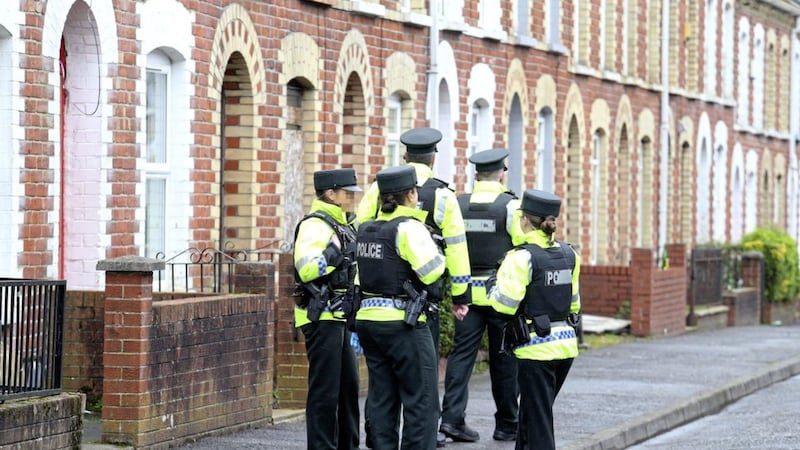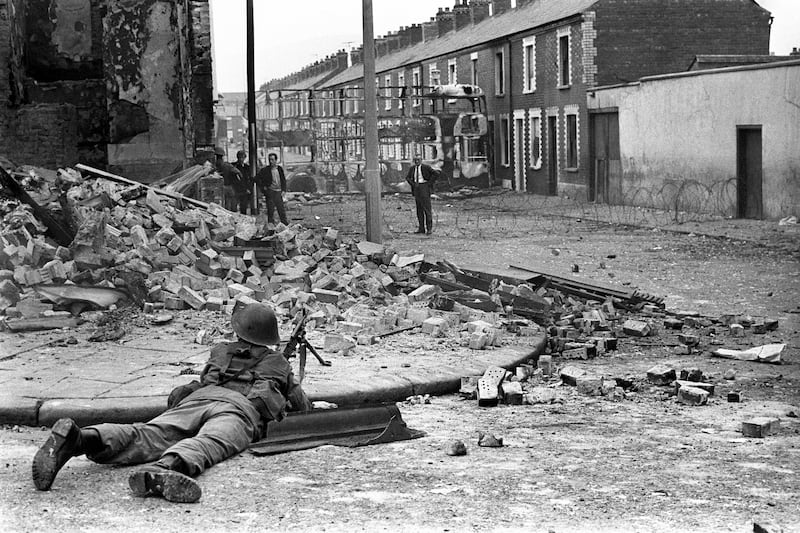PEOPLE living in an area heavily populated by students say they have been plagued by 'superspreader' parties since the start of the pandemic.
The Holyland Residents Network has demanded a longer-term strategy to address anti-social behaviour, as it emerged hundreds of students have been suspended for Covid-19 breaches.
The group said it was dreading the St Patrick's Day holiday next week.
March 17 is always popular among young people living in the Holylands area of south Belfast.
Although university campuses have been closed for months to most students, many have remained in rented accommodation rather than returning home.
Queen's University Belfast has warned that it will automatically suspend any student in breach of Covid guidelines.
Any students found to be in serious breach - for example by having organised a party - or reported on multiple occasions risk facing "more severe sanctions".
Ahead of St Patrick's Day, Queen's revealed it had suspended 229 students between August and February for breaching health and safety rules.
It added that after students returned from their suspension, they were dealt with through the university conduct regulations.
A total of 176 received a fine and written warning, five a conditional discharge, and 43 were referred to a committee of discipline. A further 28 cases are pending awaiting outcome, a spokeswoman said.
"This year it is more important than ever that everyone plays their part to protect themselves and the wider community to reduce the spread of Covid-19. All students have been advised, in accordance with public health guidelines, to avoid unnecessary travel and only travel to the university area if necessary for their studies," she said.
"The majority of cases of anti-social behaviour that tend to occur around St Patrick's Day are not caused by students of Queen's, and the university fully appreciates that the majority of students will continue to behave responsibly.
"However, the university has made its position clear to all members of our community and outlined the consequences of anti-social behaviour, which could put their health and that of our neighbours at risk."
The Holyland Residents Network said there had been "superspreading Covid parties" since March last year.
"These have been ongoing and have involved noise disturbance and criminal damage to cars and homes as well as substantial risks to the health and wellbeing of all. They take place 24/7 and have accelerated in the run-up to March 17," the group said.
"Some media interest and police resources have been enhanced in the run-up to St Patrick's Day. This reflects the fiction that this only happens at particular times of the year.
"This is incorrect. Residents have been living virtually under siege for a full year and consider that we are abandoned by authorities. A short-term operation for St Patrick's Day does not fix the overall problem.
"Residents look forward to St Patrick's Day with dread rather than anticipation. Our voice is ignored and the same old failed strategies are being applied.
"The Holyland, one of the most historic and beautiful areas of the city, deserves so much more. It's time for agencies to support residents efforts to build a long term people led regeneration strategy."







